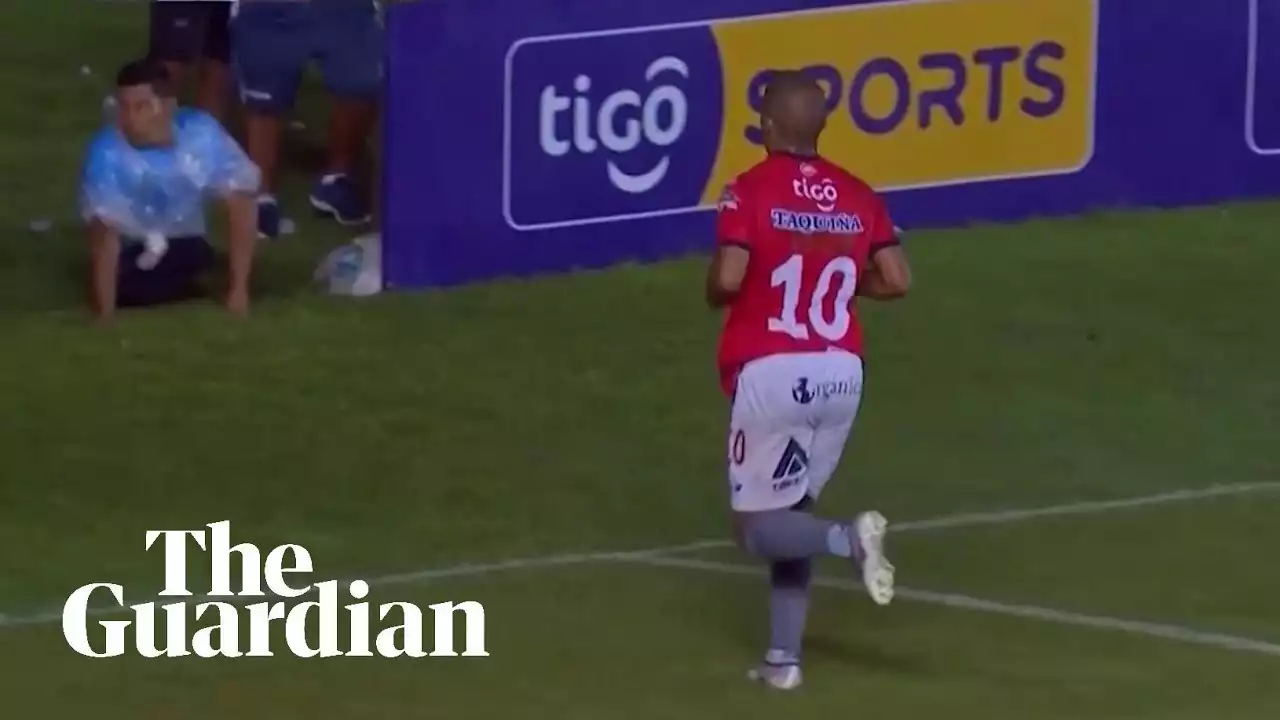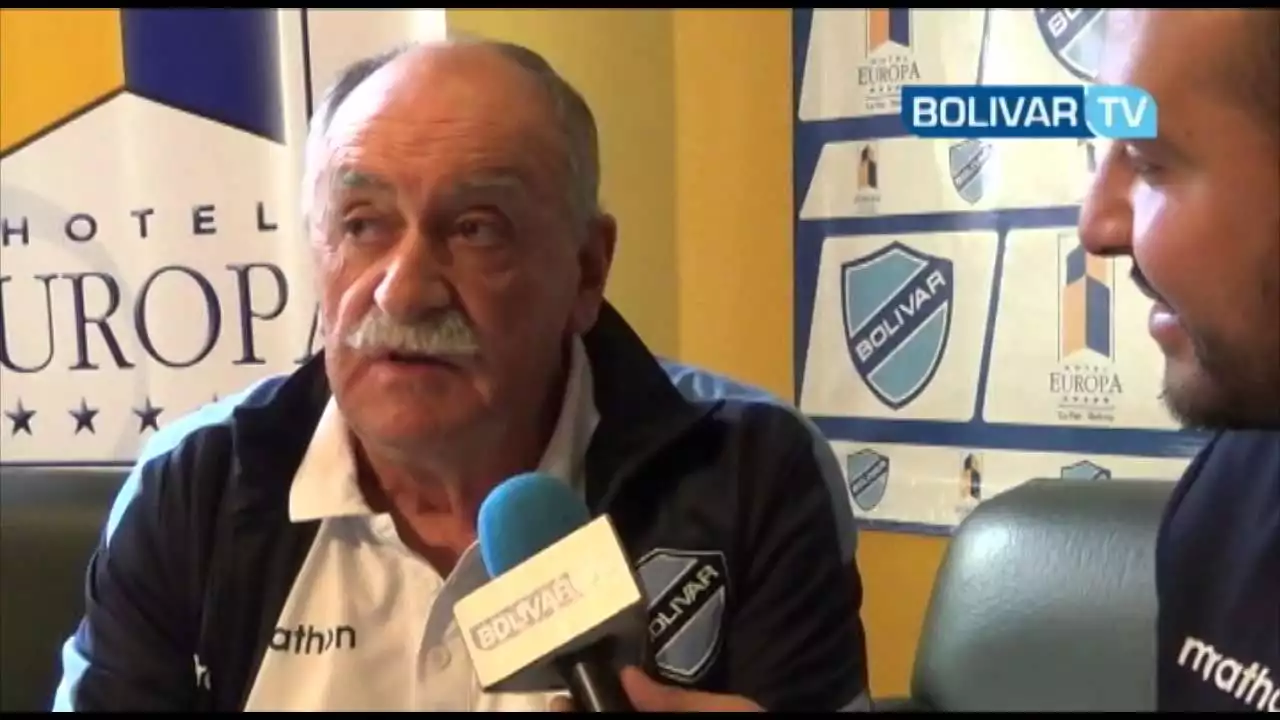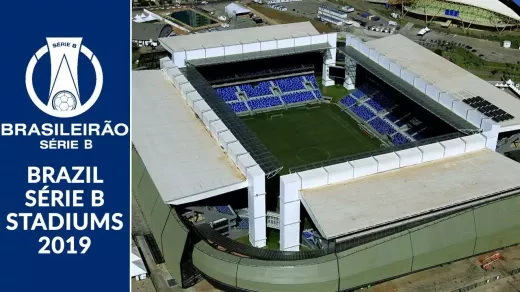The legacy of Mauricio Soria
One of the most influential managers in Bolivian football history is Mauricio Soria. Born in the city of Santa Cruz, Soria began his coaching career at a young age and quickly rose through the ranks. His time as the manager of the Bolivian national team saw tremendous success, with the team achieving notable victories in international competitions.
Soria's managerial style was characterized by his emphasis on discipline and teamwork. He believed in creating a strong bond among the players and instilling a sense of unity and purpose. Under his guidance, Bolivia qualified for the Copa America quarterfinals, a feat that hadn't been accomplished in years. Soria's ability to motivate his players and extract their best performances made him a revered figure in Bolivian football.
The rise of Victor Hugo Antelo
Victor Hugo Antelo is another manager who achieved legendary status in Bolivia. Born in La Paz, Antelo had a deep passion for football from a young age. He began his managerial career at Club Bolívar, one of Bolivia's most successful clubs, and quickly made a name for himself with his innovative tactics and strategic thinking.
Antelo's approach to the game was characterized by his focus on attacking football. He believed in taking risks and playing an aggressive style that put the opposition on the backfoot. His ability to identify and nurture young talent also played a crucial role in his success. Under his guidance, Club Bolívar won multiple league titles and established itself as a dominant force in Bolivian football.
The reign of Julio César Baldivieso
Julio César Baldivieso, known as "Baldiviesito" by his fans, is a legendary figure in Bolivian football. Born in Cochabamba, Baldivieso had a successful playing career before transitioning into coaching. His time as the manager of Club Aurora, a club based in Cochabamba, saw unprecedented success.
Baldivieso's managerial style was characterized by his meticulous attention to detail and his ability to adapt to different situations. He believed in a strong defensive foundation and a disciplined approach to the game. His tactical acumen and ability to motivate his players led Club Aurora to multiple league titles and established him as one of Bolivia's most successful managers.
Marcelo Claure's impact on Bolivian football
Marcelo Claure, a Bolivian businessman and entrepreneur, made a significant impact on Bolivian football during his time as the president of Club Bolívar. Under his visionary leadership, Club Bolívar experienced a period of unprecedented success, winning multiple league titles and establishing itself as one of the most successful clubs in Bolivia.
Claure's management approach was characterized by his emphasis on modernization and innovation. He introduced state-of-the-art training facilities, implemented advanced analytics and scouting systems, and brought in top-quality coaching staff. His strategic investments in player development and infrastructure transformed Club Bolívar into a force to be reckoned with in Bolivian football.
The strategies and tactics of Erwin Sánchez
Erwin Sánchez, commonly known as "Platini," is a legendary figure in Bolivian football. Born in Santa Cruz, Sánchez had a successful playing career before transitioning into coaching. His time as the manager of the Bolivian national team saw remarkable achievements, including qualifying for the Copa America semifinals.
Sánchez's managerial style was characterized by his focus on fluid attacking football. He believed in a possession-based approach that allowed his teams to control the game and create scoring opportunities. His ability to adapt his tactics based on the strengths and weaknesses of the opposition made him a highly respected figure in Bolivian football.
The success story of Eduardo Villegas
Eduardo Villegas, a highly respected figure in Bolivian football, achieved legendary status through his managerial success. Born in Santa Cruz, Villegas had a deep passion for the game from a young age. His time as the manager of Club The Strongest, one of Bolivia's most historic clubs, saw tremendous achievements.
Villegas' managerial approach was characterized by his meticulous preparation and attention to detail. He believed in a strong defensive foundation and a disciplined style of play. His ability to motivate his players and extract their best performances led Club The Strongest to multiple league titles and established him as one of Bolivia's most successful managers.
The achievements of Xabier Azkargorta
Xabier Azkargorta, a Spanish-Basque manager, achieved legendary status in Bolivian football through his remarkable achievements. His time as the manager of the Bolivian national team saw unprecedented success, including winning the Copa America.
Azkargorta's managerial style was characterized by his ability to create a cohesive and disciplined team. He believed in a balanced approach that focused on both attacking and defensive aspects of the game. His tactical acumen and ability to adapt to different opponents made him a highly respected figure in Bolivian football.
The influence of Néstor Clausen
Néstor Clausen, an Argentine manager, left a lasting impact on Bolivian football during his time as the manager of Club Blooming. Clausen's managerial approach was characterized by his emphasis on a strong defensive foundation and a disciplined style of play. His ability to motivate his players and extract their best performances made Club Blooming one of the most successful clubs in Bolivia.
The lasting impact of these legendary managers
These seven managers have etched their names into the annals of Bolivian football through their remarkable achievements and contributions to the sport. From Mauricio Soria's disciplined approach to Victor Hugo Antelo's attacking style, each manager has left a lasting legacy that continues to inspire the next generation of football enthusiasts in Bolivia. Their ability to bring out the best in their players and achieve remarkable success is a testament to their skill and dedication. As Bolivia continues to produce talented footballers, the influence of these legendary managers will undoubtedly shape the future of Bolivian football for years to come.










